With the overthrow of Syrian dictator Bashar al-Assad, the Sunni Arab militant group Hayat Tahrir al-Sham (HTS) has seized control of much of Syria. Kurdish forces, who defeated the Islamic State of Iraq and Syria (ISIS) and now govern northeastern Syria, find themselves at risk as new powers vie for control. In light of the Kurdish people’s long history of oppression and their critical role in fighting extremism, the international community must act urgently to protect Kurdish rights and secure their future in Syria.
Kurds are indispensable
Kurds have a unique role to play in Syria and the broader region. The Kurdish-led administrations in Syria, Syrian Democratic Forces (SDF), offer secular, inclusive governance in a region torn apart by sectarianism and dictatorship.
The semi-autonomous Kurdistan Region of Iraq proves that Kurdish autonomy can support stability, security and economic recovery.
The Kurdistan Region of Iraq (KRI) and the Kurdish regions in Syria exemplifies democracy in a region often characterized by authoritarianism and conflict. The KRI has established a parliamentary system that allows multiple political parties to play a role in governance through the Democratic Union Party (PYD) and its armed wing, the People’s Protection Units (YPG).
In the Kurdish-controlled areas of Syrila, particularly during and after the Syrian Civil War, the Kurdish-led administration, the Rojava, has implemented grassroots democratic governance through local councils, emphasizing participatory democracy and community decision-making. Women have also gained with the establishment of the women’s council to work on gender-based issues. These democratic practices foster social cohesion and provide a contrast to the sectarianism prevalent in many neighboring regions, illustrating that Kurdish autonomy can effectively contribute to stability and governance in a complex geopolitical environment.
In Iraq, the Peshmerga forces where the successor in the fight against ISIS, demonstrating their capability and commitment to defending not only Kurdish territory but also contributing to broader regional security. Kurdish forces also operate prisons holding thousands of captured ISIS fighters; renewed war could unleash these militants, with catastrophic consequences for Syria and beyond.
The world must not forget the cruelty the Assad dynasty inflicted on the Kurds. Hafez al-Assad stripped 120,000 Kurds of their citizenship, rendering them stateless and powerless. Bashar al-Assad continued this campaign of erasure with violence and repression. After decades of survival against overwhelming odds, the Kurds have earned not just recognition but lasting protection. The next chapter of Syria must not repeat the injustices of the past.
Syria’s Kurds are living on borrowed time
For generations, Iraq, Iran, Syria and Turkey have suppressed the Kurdish people through political repression, forced displacement and military violence. Kurds have faced massacres, the stripping of citizenship and campaigns aimed at erasing their culture. Despite these attacks, Kurdish communities have shown extraordinary resilience, building governance structures, preserving their identity and defending minority rights under constant threat.
Now that HTS has taken control of large parts of Syria, Kurdish autonomy faces new dangers. HTS leader Abu Mohammed al-Jolani has promised democracy and equality, but his group rejects federalism and insists on centralized authority, a model that would erase Kurdish political achievements.
Turkey’s ongoing military operations against Kurdish forces in Syria significantly deepen the regional threat, intensifying the conflict and undermining stability. Israel’s expanding airstrikes against Iranian proxy groups contribute to an already volatile situation, increasing tensions and fostering a climate of insecurity in the region, flying over Syria and Iraq. Together, these actions not only jeopardize local populations but also complicate efforts for diplomatic resolution and peacebuilding in an area marked by longstanding divisions and strife.
HTS, facing resistance from pro-Assad loyalists and internal economic collapse, cannot afford another front of conflict. Yet by denying Kurdish rights, HTS risks driving Kurdish forces back into open resistance and reigniting broader violence.
What can the world do?
If those who have demonstrated both the capacity to defeat extremism and to govern justly are excluded from shaping Syria’s future, then any political settlement will be unstable by design. The Kurds have done both. If past repression, proven democratic alternatives, and current threats are not addressed, then history will repeat itself. Every reason the Kurds have survived and contributed so far is a reason they must be included now.
World powers, including the UN, US and UK, must insist that any Syrian political settlement include strong protections for Kurdish autonomy. Multiple countries have already promised millions in funding to the HTS, a condition should be made Syria cannot rebuild if it alienates and attacks those who have already shown they can govern with fairness and effectiveness. Ignoring the Kurds would be a betrayal of past sacrifices and a disaster for Syria’s future.
The Kurds have been struggling without a single identity, separated from one another due to geographical separations, so the least those governments can do is provide a seat at the table. What will this division benefit? Syria needs to be rebuilt from nothing, the Kurds need a direct response to Turkey in Syria and both groups need stability without feeling the need to keep an eye out for each other.
The views expressed in this article are the author’s own and do not necessarily reflect Fair Observer’s editorial policy.
Support Fair Observer
We rely on your support for our independence, diversity and quality.
For more than 10 years, Fair Observer has been free, fair and independent. No billionaire owns us, no advertisers control us. We are a reader-supported nonprofit. Unlike many other publications, we keep our content free for readers regardless of where they live or whether they can afford to pay. We have no paywalls and no ads.
In the post-truth era of fake news, echo chambers and filter bubbles, we publish a plurality of perspectives from around the world. Anyone can publish with us, but everyone goes through a rigorous editorial process. So, you get fact-checked, well-reasoned content instead of noise.
We publish 3,000+ voices from 90+ countries. We also conduct education and training programs
on subjects ranging from digital media and journalism to writing and critical thinking. This
doesn’t come cheap. Servers, editors, trainers and web developers cost
money.
Please consider supporting us on a regular basis as a recurring donor or a
sustaining member.
Will you support FO’s journalism?
We rely on your support for our independence, diversity and quality.


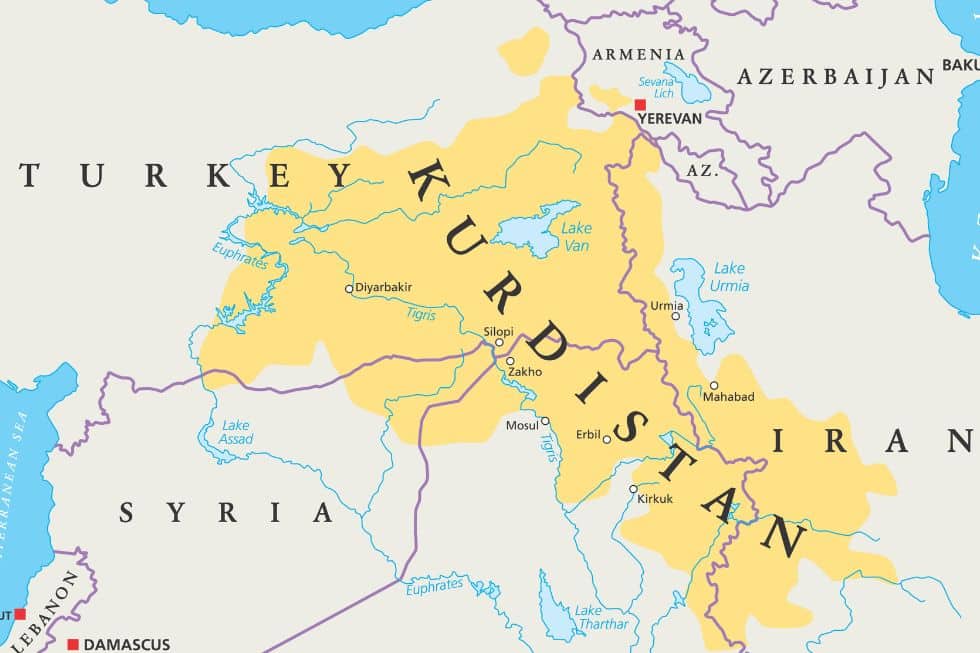
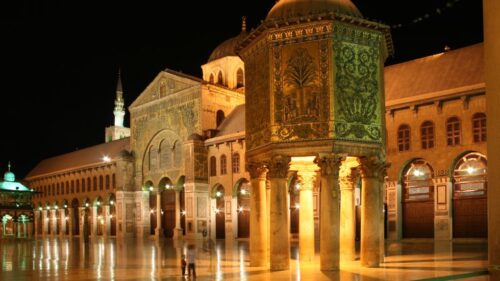

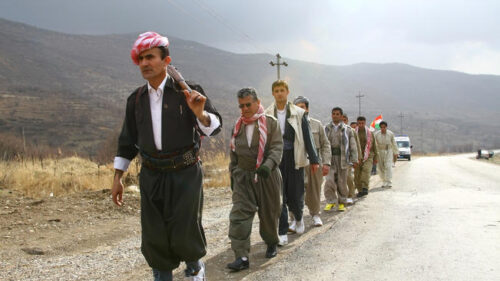
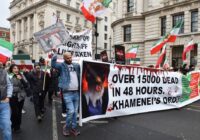
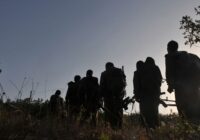


Comment